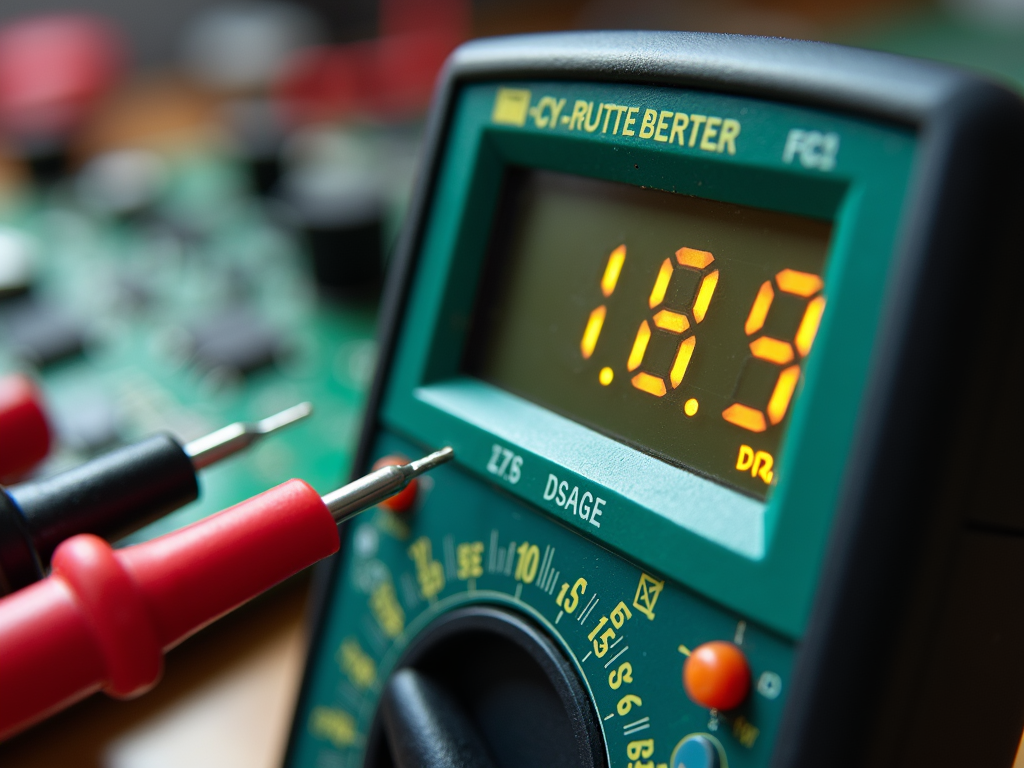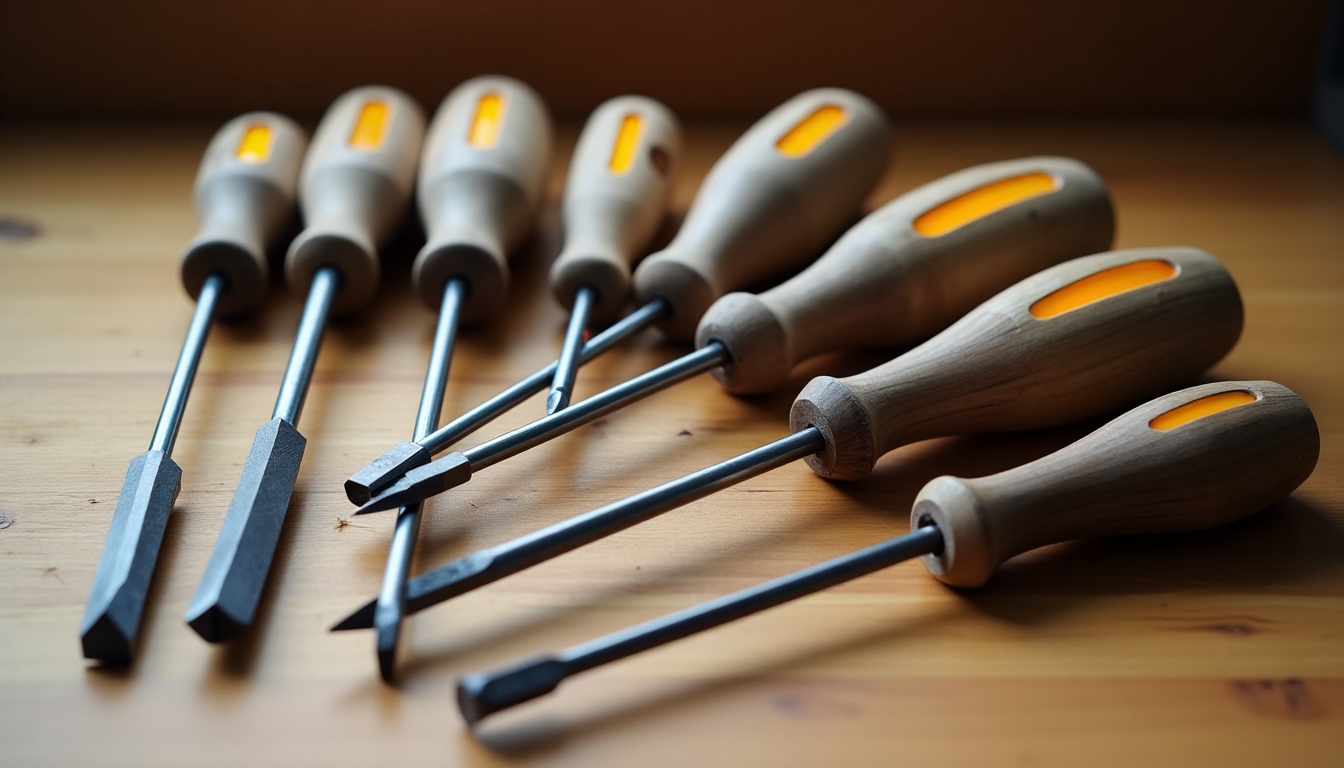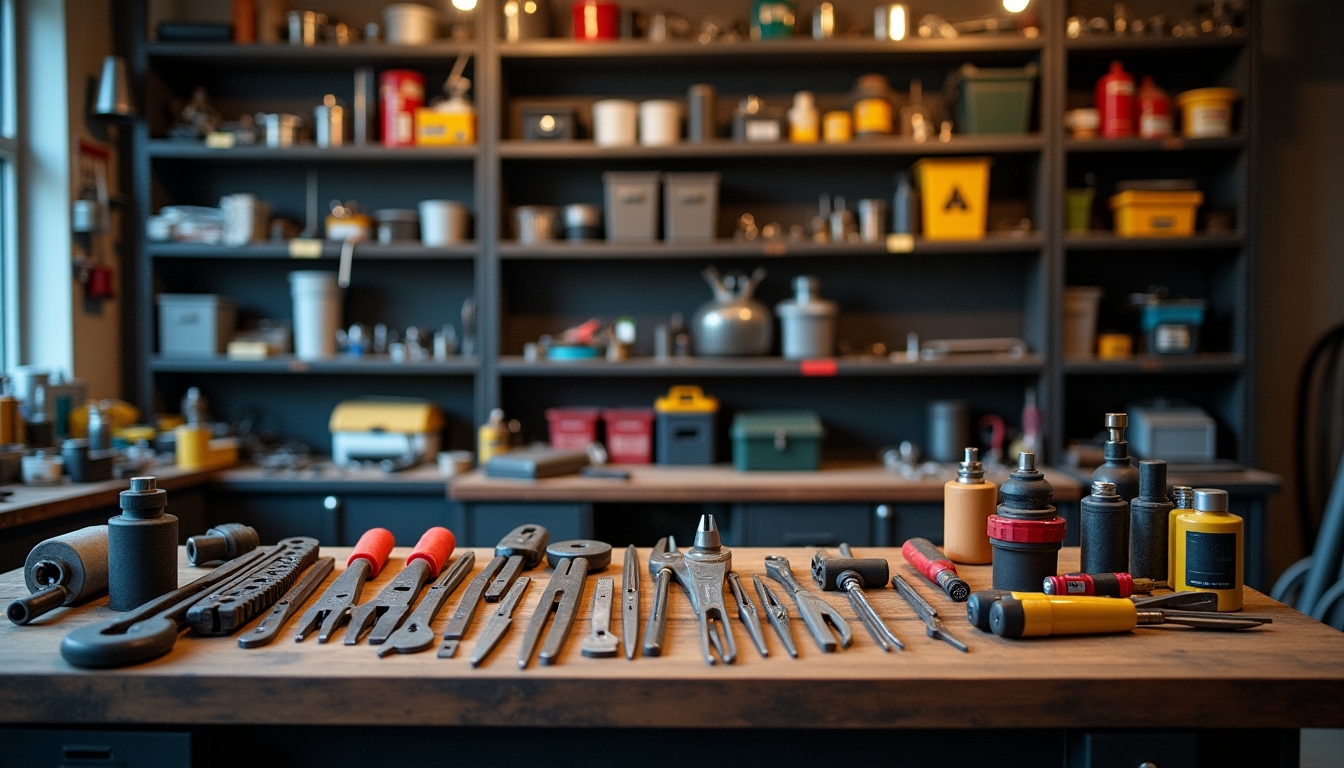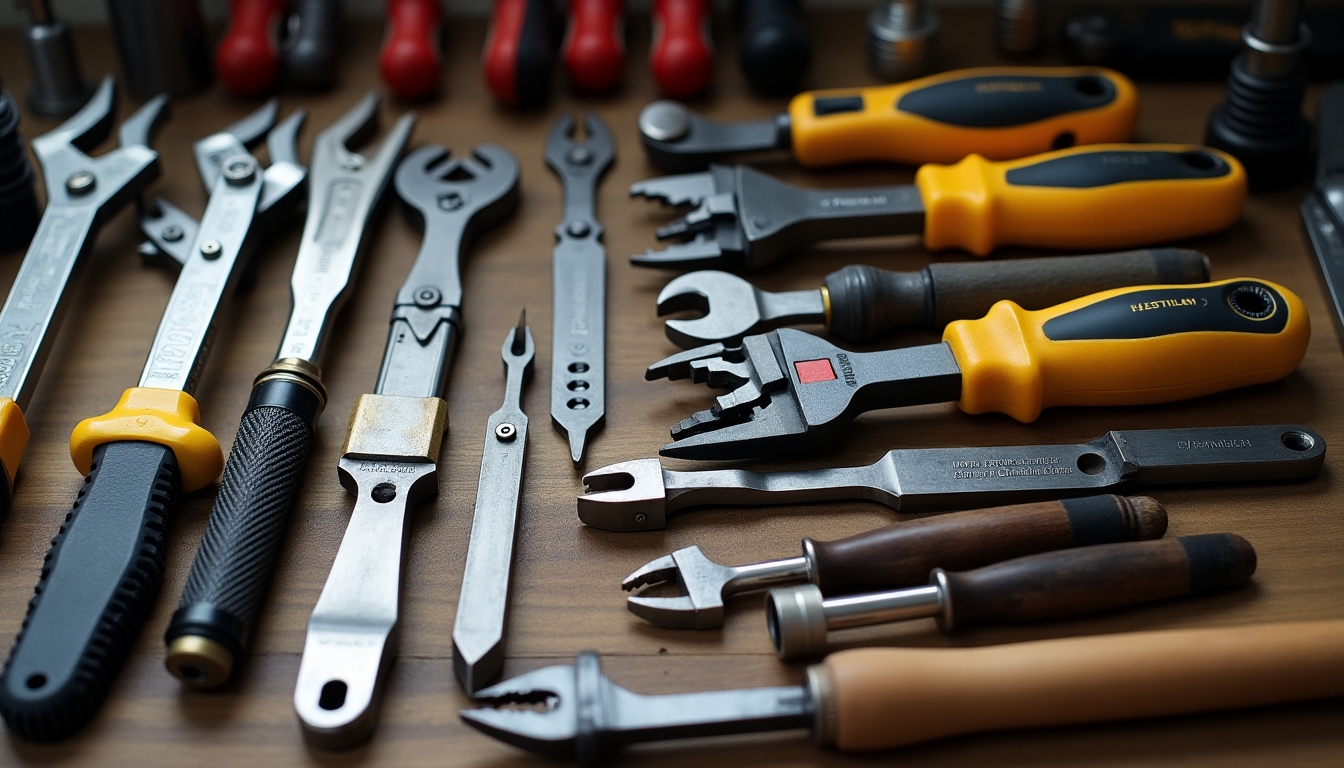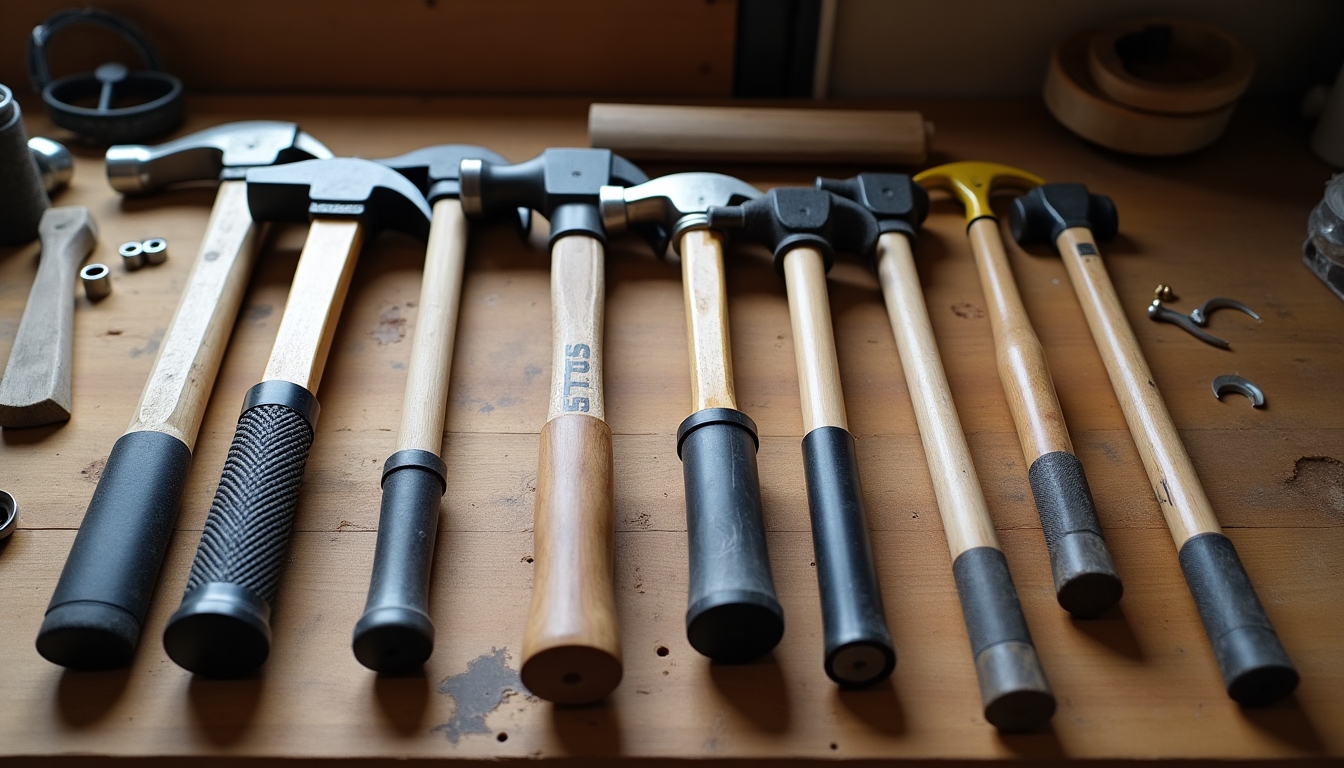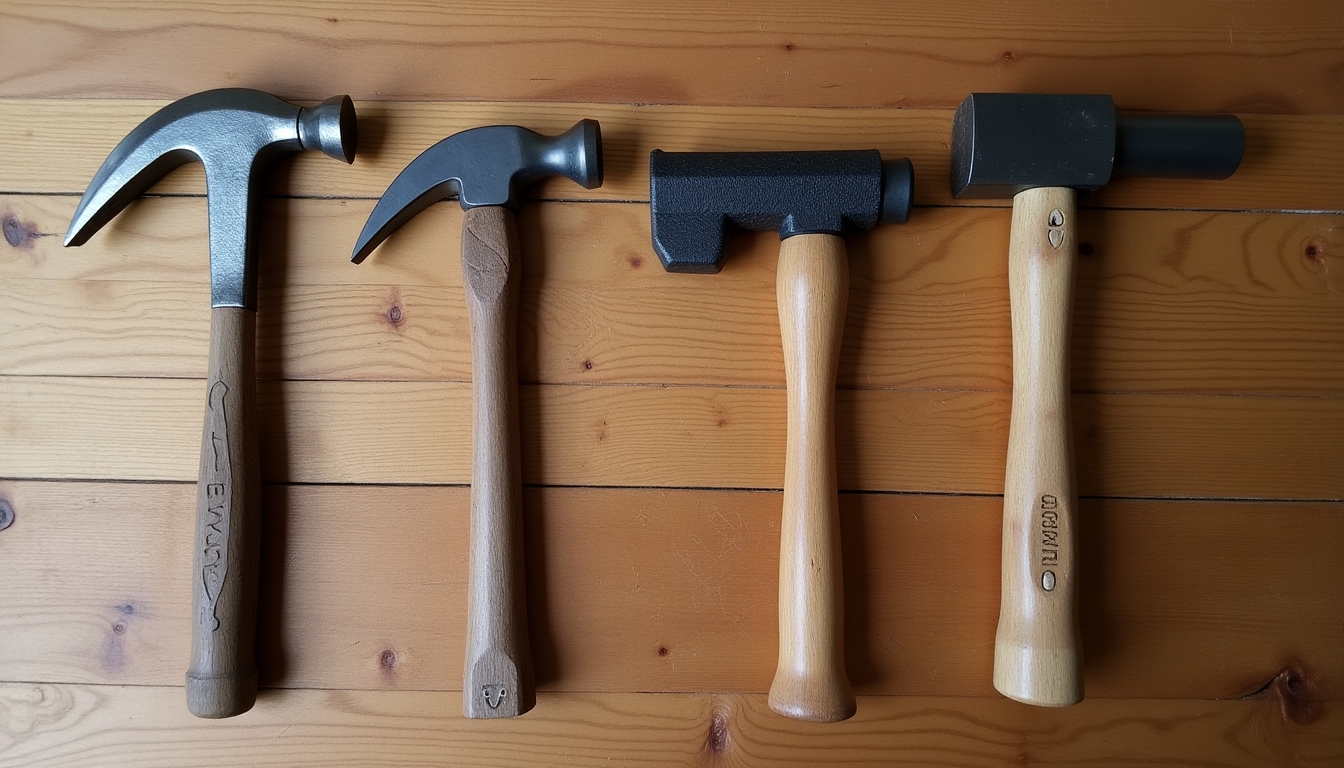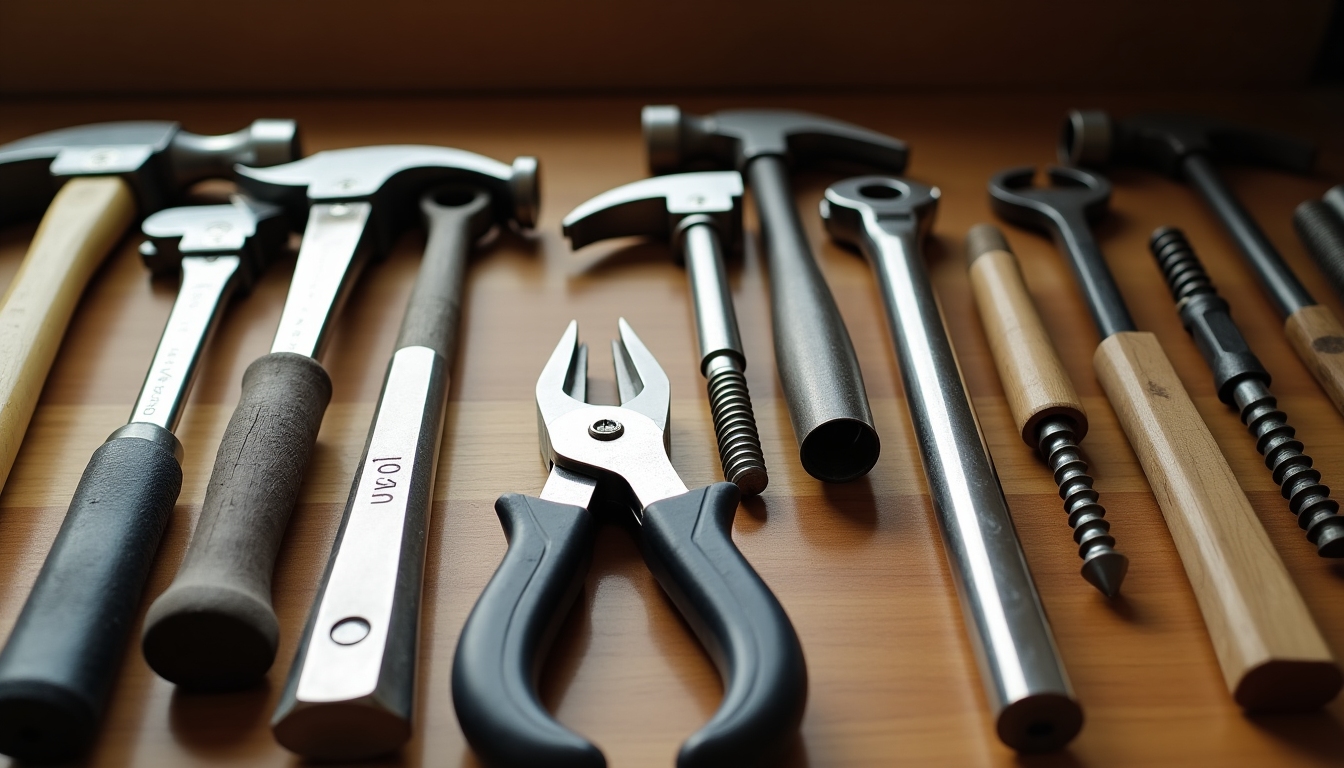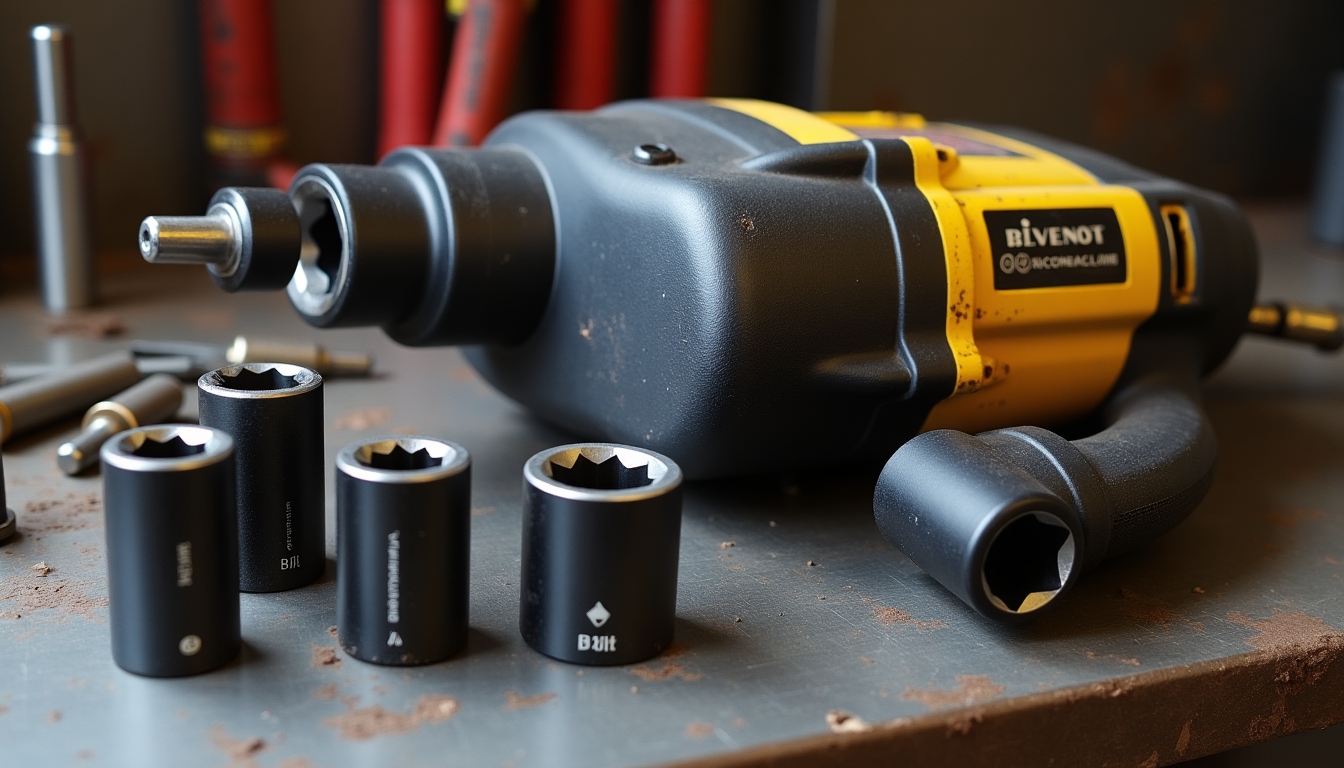A Comprehensive Guide to Electrical Tools
Whether you're a seasoned electrician or a DIY enthusiast, understanding the right tools to have in your kit is crucial for safety and efficiency. This comprehensive guide to electrical tools will walk you through essential equipment every workman should possess.
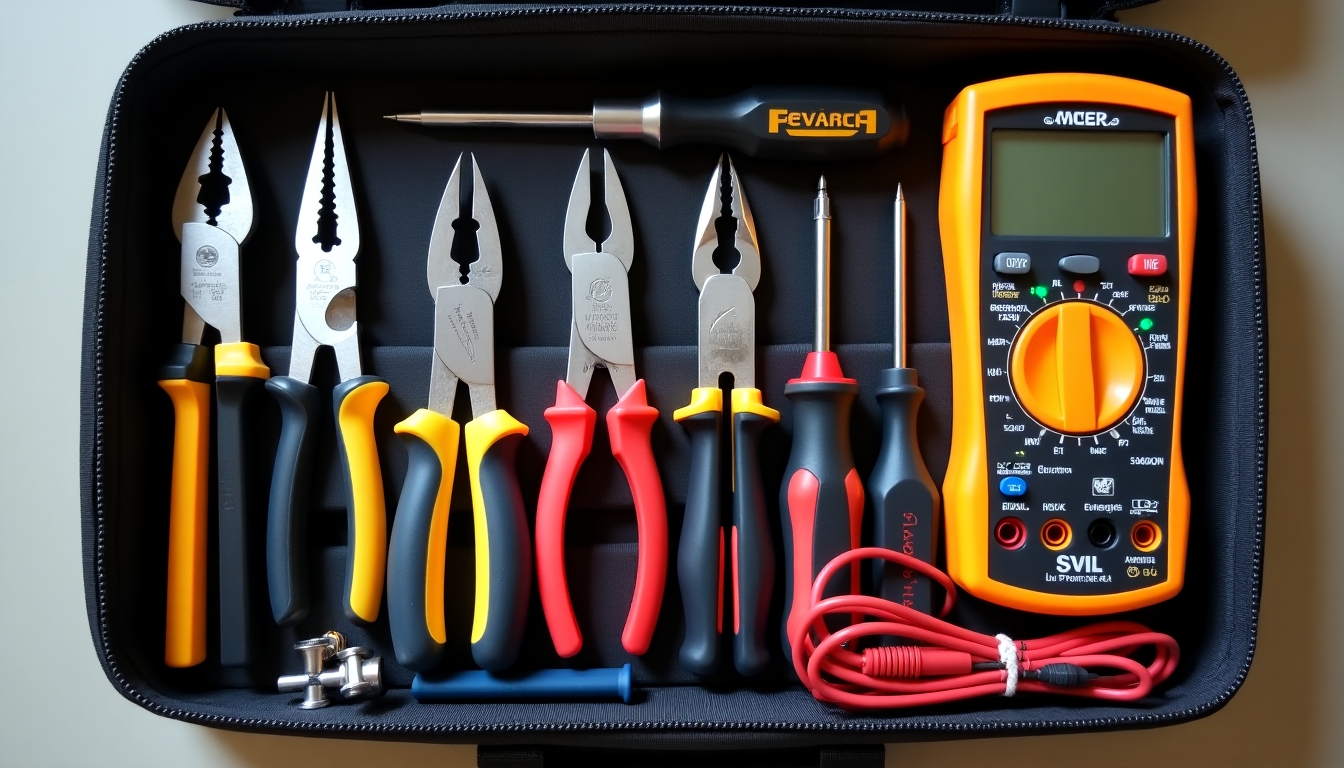
Essential Electrical Tools
Here is a list of the must-have electrical tools:
- Pliers - Great for gripping, twisting, and cutting wires.
- Screwdrivers - A mix of flathead and Phillips for various screw types.
- Wire Strippers - Essential for removing insulation from wires.
- Multimeter - Used for measuring voltage, current, and resistance.
- Voltage Tester - To safely check the presence of electricity.
These foundational tools form the backbone of any electrical toolbox.
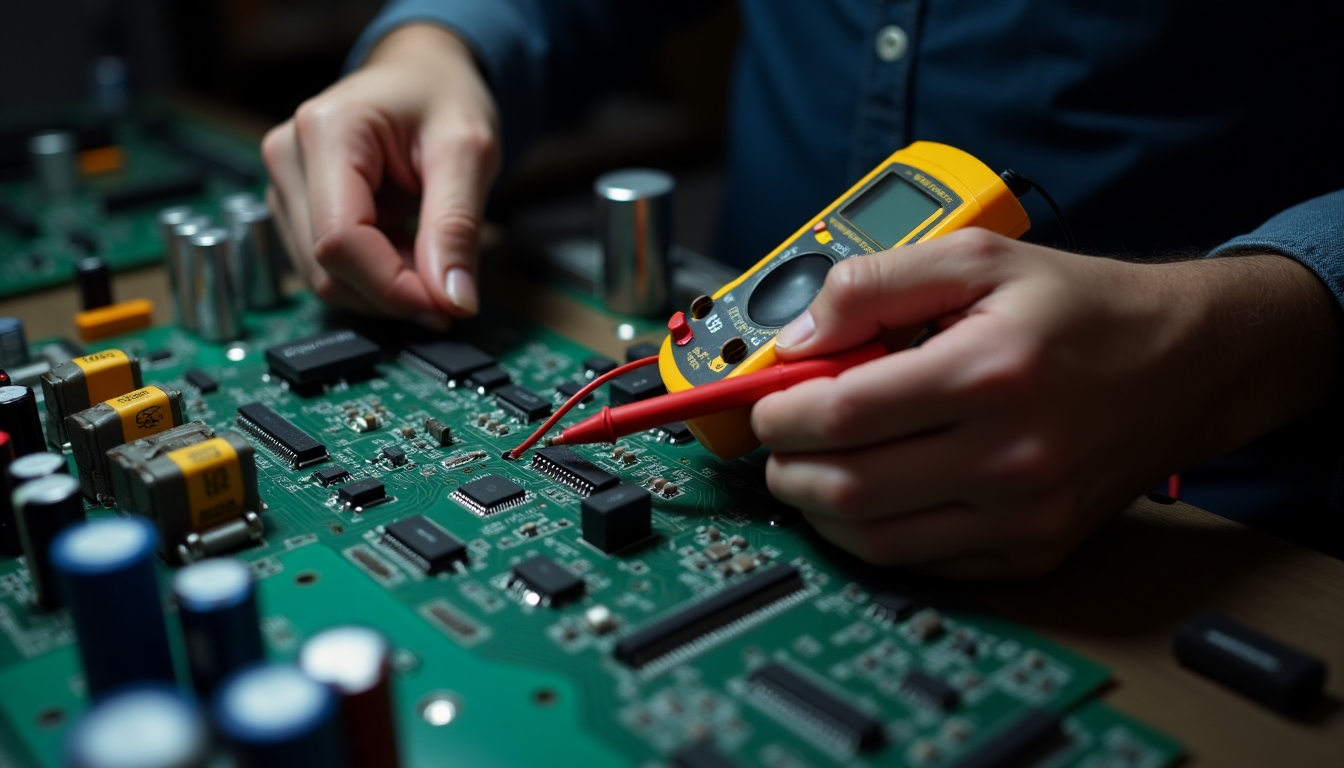
Safety First: Personal Insights
Having spent years working in various electrical settings, I've learned that the best tools are not just about functionality but also about keeping you safe. Always wear safety goggles and gloves. My first experience with a faulty circuit taught me the importance of using a voltage tester before proceeding with any work. Safety should never be an afterthought.

Quality Over Quantity
When I initially started, my tool choices were driven by price rather than quality, leading to frustrations with tool malfunctions. Invest in high-quality tools that offer durability and reliability, something I learned the hard way. Brands like Klein Tools and Fluke offer exceptional products that can endure the test of time.
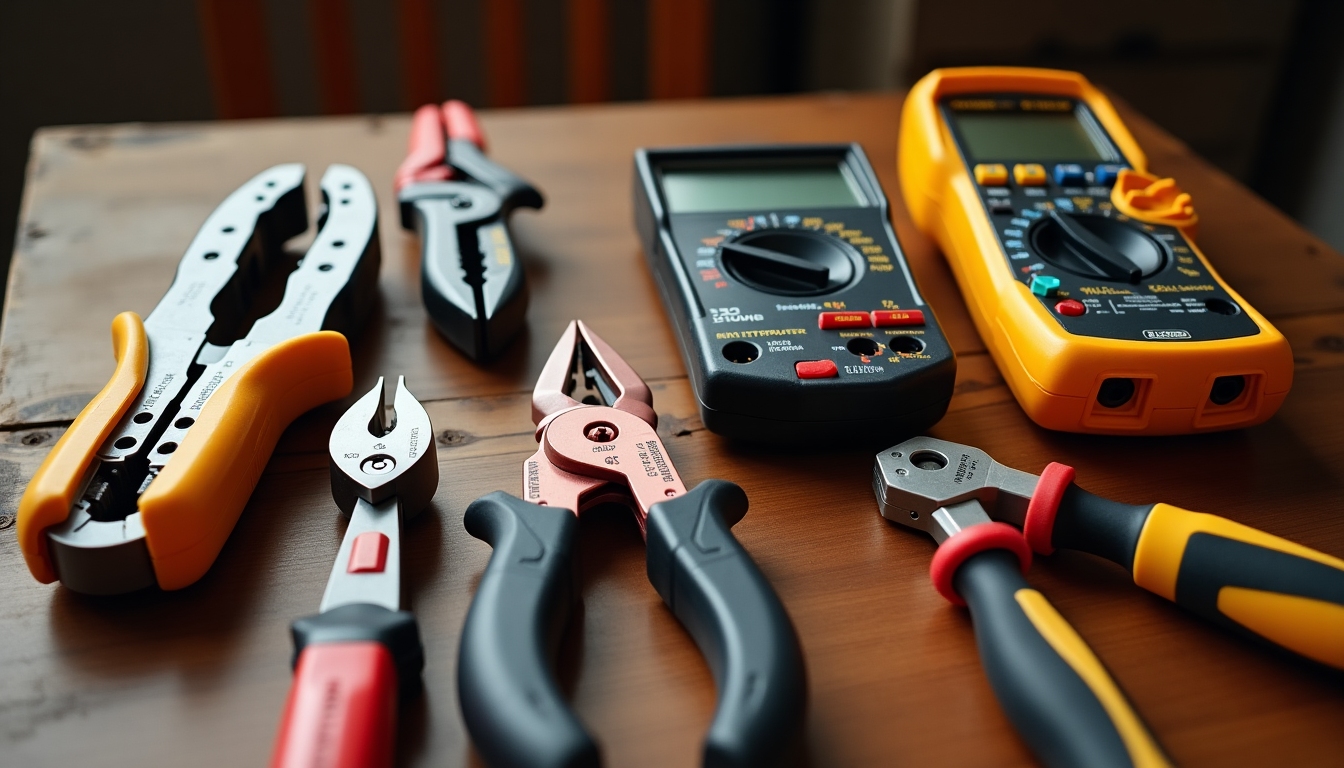
Understanding Electrical Tools
Getting familiar with each tool's function can enhance your efficiency.
- Pliers and Wire Cutters are great for cutting and bending wires.
- Fish Tape is useful for pulling wire through walls and conduits.
- Cable Ties keep your wires organized.
Each tool has its unique role, contributing to seamless operation in electrical work.
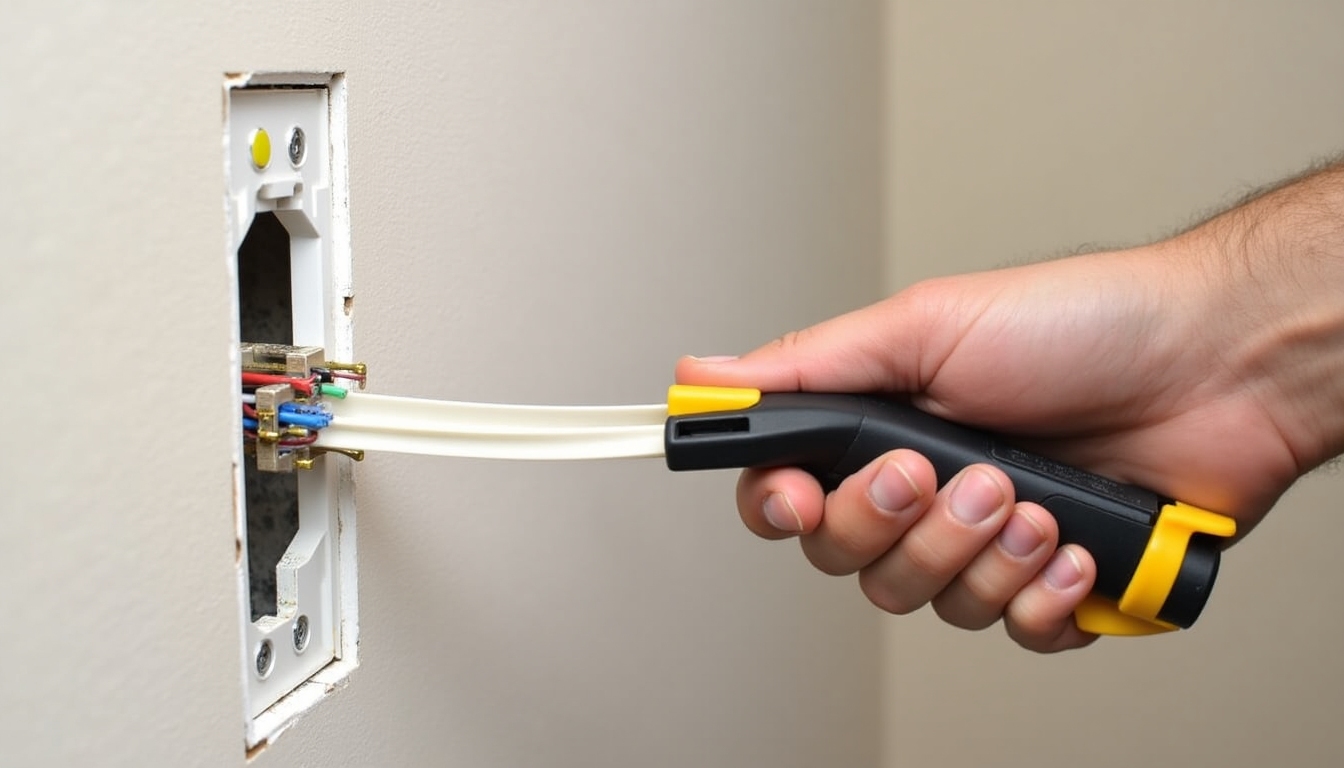
Organizing Your Tools
Organization is key in maintaining a tidy and efficient workspace. Using a toolbox with compartments can help. Personally, I've found that labeling sections by tool type significantly reduces time spent searching for the right tool during a job. A clean workspace contributes to clearer thought processes and safety, too.
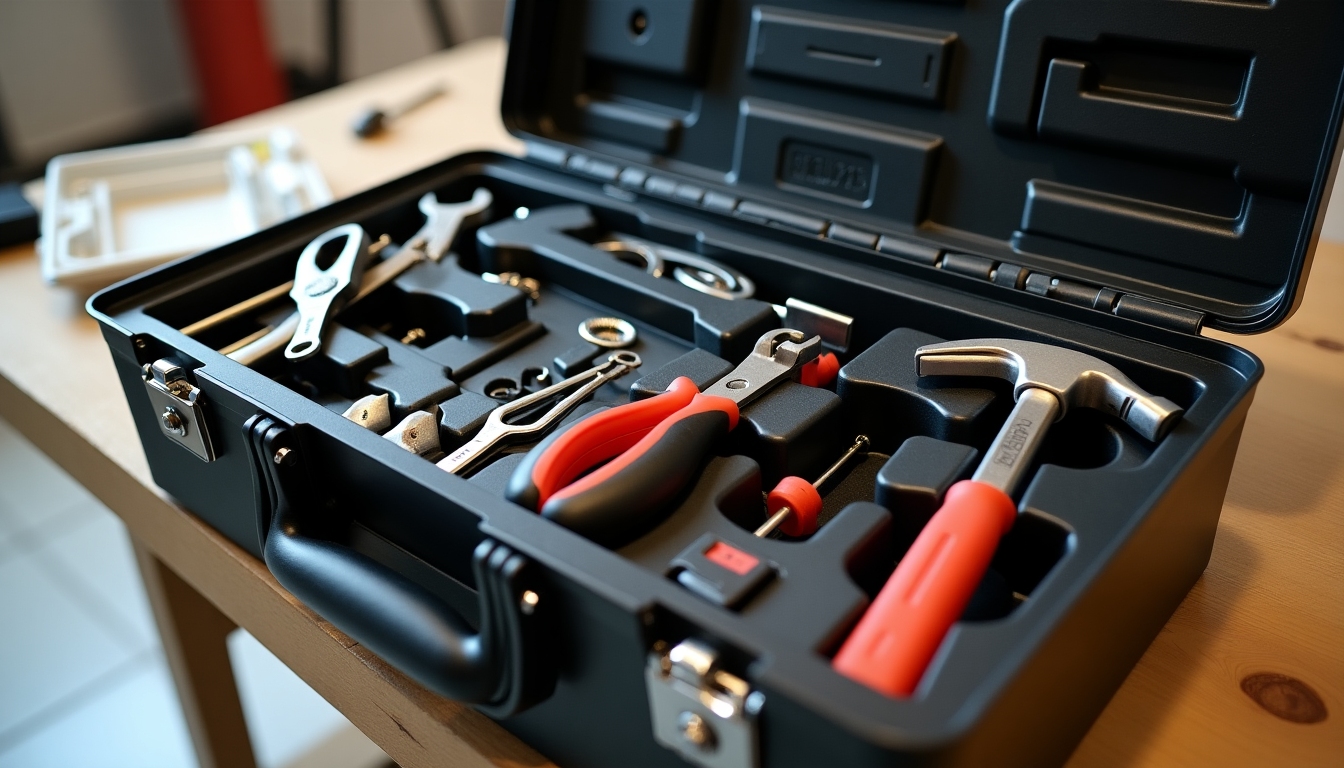
Final Thoughts
Creating a reliable set of electrical tools requires thoughtful selection, safety considerations, and continuous learning. By investing in quality, understanding tool functions, and keeping your workspace organized, you're setting yourself up for success.
Recommended Readings
- Understanding Electrical Circuits
- Mastering DIY Home Electrical Projects
- Advanced Electrician Techniques for Safety
- Choosing the Right Multimeter for Your Needs
- Essential Tools for DIY Enthusiasts
By immersing yourself in these resources, you broaden your knowledge and skills, redefining your approach to electrical work.
Related comprehensive guide to electrical tools:
- Choosing the Right Multimeter for Your Needs: A Comprehensive Guide
- Workman Tools for Automotive Repair
- Essential Screwdrivers for Mechanics
- Essential Tool Sets for Automotive Repairs
- Master Your Craft with Advanced Workman Tools for Professionals
- Understanding Hammer Dynamics and Ergonomics
- The Ultimate Guide to Power Tools for Beginners
- Mastering the Art of Using a Hammer Safely
- Comprehensive Guide to Workman Tools for Everyday Use
- The Ultimate Guide to Workman Tools for Professional Builders
- Ultimate Guide to Power Tools for Automotive Repair
- The Best Wrenches for Mechanics: Enhance Your Toolkit with Quality and Precision
